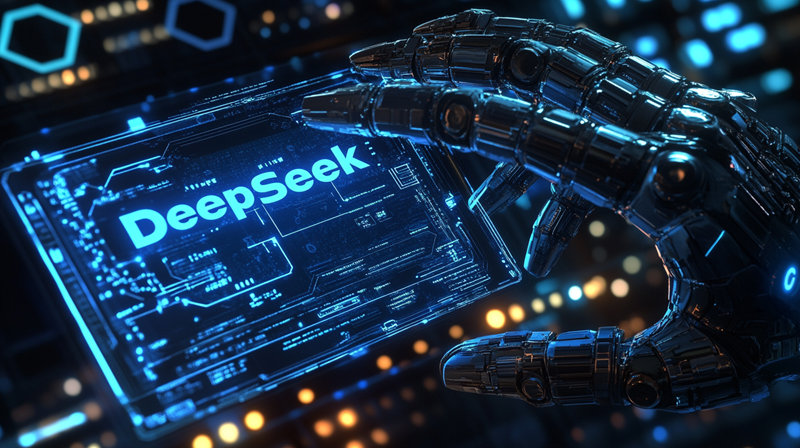In Kenya, an increasing number of young people are attracted to the emerging field of artificial intelligence, joining the workforce in data labeling. This job sounds cool, but in reality, it hides many unspoken hardships. Many young individuals strive to change their fate through hard work, only to find themselves in an environment characterized by low wages, high pressure, and psychological distress.

Image source note: Image generated by AI, licensed from service provider Midjourney
In an office space in Nairobi, Nafitali Wambalo, a mathematics graduate, is busy labeling thousands of images and videos. His job is to teach AI to recognize objects in images, such as telling the machine, "This is a TV," and "That is a refrigerator." It may sound simple, but it takes him a full eight hours each day, leaving him tense and overwhelmed.
“I earn only $2 per hour, and life is very tough,” Nafitali said helplessly. Like many of his colleagues, he works for major tech companies like Meta and OpenAI through outsourcing companies. These outsourcing firms prioritize maximizing profits, and while they put in hard work for the companies, the rewards they receive are minimal. Nirimah Wako-Ogiva, a Kenyan activist, even describes these jobs as “modern slavery.”
In addition to low income, the working environment is also concerning. Workers must handle extremely disturbing and violent content, including scenes of child abuse and suicide. This type of work poses significant challenges to their mental health, and many suffer from psychological trauma. Nafitali expressed, “I see distressing images every day, which fills me with fear and despair.”
Although outsourcing companies claim to provide mental health support for employees, Nafitali and his colleagues feel that this support is far from adequate. “We need genuinely professional psychologists, not just superficial support,” Nafitali said. To improve their situation, nearly 200 workers have united to sue the outsourcing companies and related tech giants, accusing them of unreasonable working conditions that cause mental distress.
Another major challenge these young people face is job instability. Many contracts are short-term, with some even calculated on a daily basis, making it difficult for them to feel secure in their lives. Nirimah noted, “Our labor laws are very outdated and do not provide protection for digital workers.” Because of this, many young people are forced to accept work under such harsh conditions out of necessity.
As more people pay attention to this issue, digital workers in Kenya hope to change their fate through legal means. They are using their voices to call for societal attention to this problem. Despite being in a difficult situation, these young people continue to strive for a better life and fairer treatment.
Key points:
💰 Many young Kenyans work in the AI industry, earning as little as $2 per hour, making life difficult.
🧠 The work involves extremely disturbing and violent content, leading to frequent mental health issues.
⚖️ Hundreds of workers have united to sue outsourcing companies, seeking improved working conditions and rights protection.










